

Discipline of Crop Science in Northwest A&F University (NWAFU) was established in 1932, being the earliest discipline of modern Crop Science in Northwestern China. Many distinguished agriculture scientists, represented by ZHAO Hongzhang, SHEN Yuqing, LI Zhensheng, and NING Kun, laid the solid foundation for the development of the discipline. In over 80 years, several generations of scientific researchers have contributed significantly ions to national food security and arid agriculture development. The discipline has started graduate training programs since 1960, and has been authorized PhD degree programs since 1986. Our current faculty in the discipline includes one recipient awarded with the National Outstanding Youth Fund from National Natural Science Foundation of China, three winners of New Century Talents Program sponsored by Ministry of Education, three provincial innovation teams of Shaanxi province. Research in the discipline is supported by16 national/provincial laboratories. In last four years, our faculty and staff have been awarded with over 300 research grants with a total funding of 160 million RMB, 15 national/provincial awards/prizes, 47 varieties certified/approved, and have published over 240 articles in international journals.
Objectives
The discipline aims at national food security and the development of agriculture in arid areas. We dedicate to innovative crop genetics and breeding, germplasm resources and dryland farming theory and technology, including wheat, maize, rape and other crops, in northwestern China and the major national grain-production areas. We are trying to develop an internationally renowned, nationally first-class crop science discipline, by keeping being an international leader in wheat genetics and breeding, and by strengthening dryland farming and minor cereal crops research being internationally first-class.
Featured research and priorities
Our wheat genetics and breeding research have been an international leader. Our wheat research in the field distant hybridization, chromosome engineering and breeding, male sterility and heterosis have been internationally competitive. According to a statistics report released by the Library Information Research Center of China Agricultural University, NWAFU is leading the wheat research in terms of the number of articles published in 2014-2015 and the number of articles published in the journals with the top 10% JCR Eigenfactor. Wheat breeding has been in the national leader, and among the recently released varieties, Xinong 979 is currently one of the three most dominant wheat cultivars in China.
Our dryland farming research is highly ranked in the nation. We have contributed significantly to the principle and practice of dryland farming, by our pioneered research on crop yield potential in rain-fed areas. Our developed technologies, notably the stable planting system in arid areas, autumn-mulching and spring-sowing in dryland, rainwater harvesting cultivation in dryland, have been widely used in northern China in recent years, leading to the development of technology-based modern dryland farming system and significant contribution to regional development. The long-term research and practice led to the development of a course module Dryland Farming and the establishment of Arid Agricultural Research Center.
The discipline has well-developed research infrastructure and platforms, including State Key Laboratory of Crop Stress Biology for Arid Areas, State Engineering Laboratory of Water Use in Crops for Arid Areas, National Breeding & Agro- biotechnology Center in Yangling, and additional 13 provincial/ministerial key laboratories and engineering centers. The discipline also has six intergarted agricultural experimentstations and 45 demonstration stations. These form an integrated, systematic, well-organized and fully functional platform to support research in the discipline.
Our faculty and staff in the discipline form a team, through reconstruction of scientific research and teaching in 1999. We are dedicated to developing strong capabilities for innovative research, training and social services, by integration of fundamental research, teaching, translational research, and technology promotion.
Educational objectives
The students are extensively trained for excellence, by well-organized curriculum system and qualified research training with international vision, wide and solid professional knowledge. The students are also trained for excellent leadership in applied sciences and industries. Over the past four years, 85 doctoral candidates and 425 master candidates have successfully obtained their degrees.
Branches of the Discipline
Aiming at major strategic requirements of national food safety and arid agriculture, the discipline of crop science is focused on five fields on the base of programs of crop genetics & breeding and crop cultivation & farming:
(i) Crop genetic improvement and germplasm innovation: Principles and fundamental research on crop genetic improvement, high-efficiency crop breeding, and innovation of crop germplasm.
(ii) Principle and technology of crop heterosis: Fundamental research on crop hybrid vigor and development of methodology for the use of crop heterosis.
(iii) Molecular basis of crop biology: Fundamental research on molecular basis of important agronomic traits and molecular design in crop breeding.
(iv) High-efficiency arid farming and crop cultivation technology: Fundamental research on high-efficiency farming system, interactions between crop growth, development and the environment.
(v) Agricultural regional development and sustainable agriculture: Fundamental research on regional agricultural development and sustainable agriculture.
National and International Performance
Academic Performance
Our wheat genetics and breeding research have been a world leader. Our faculty and staff have released over 90 wheat varieties, notably varieties Bima 1, Xiaoyan 6, Fengchan 3, Shaannong 7859, Xiaoyan 22 and Xinong 979 that led four of six nation-wide rotations of varieties in the wheat belts, with cumulatively up to 1.8 billion mu (120 million hectares), which made a great contribution to food security in China. Crop Breeding, Exploitation and Planning of Agricultural and Natural Resources chaired by our faculty have been among the best national textbooks. Our research on agricultural production regional development in arid areas, the utilization of wheat hybrid vigor, and minor grain are also internationally highly ranked. The crop root research apparatus designed by our faculty, was elected in American encyclopedia of Soil Science in 2015. In 2012, we established the prestigious WheatBbiology Innovation Platform, jointly with China Agricultural University and Huazhong Agricultural University. We are the host of three academic journals, Journal of Triticeae Crops, Agricultural Research in the Arid Areas, and Acta Agriculturae Boreali-occidentalis Sinica.
Alumni
We have trained over 14,000 graduates since the establishment of Crop Science. Many graduates have played important roles in academic institutes, government departments, and industries, and contributed significantly to national agricultural development and food security. Some notable graduates include LU Ming, former Vice Minister of Agriculture, ZHU Jingzhi, deputy director of the People's Congress of Shaanxi Province, YU Shuxun, an academician of the Chinese Academy of Engineering, WANG Hui, the winner of the Highest Achievement Award in Science and Technology in Shaanxi Province, LI Lihui, outstanding talent of Crop Science in the Chinese Academy of Agricultural Sciences, LIANG Zengji, famous breeder of dryland wheat, XU Weigang, winner of the National Outstanding Professional and Technical Personnel, and CHEN Yaoxiang, winner of the National May 1st Labor Medal,
International Cooperation and Exchange
Over the past four years, 54 staff went abroad for academic cooperation and/or studying degree, while 40 international students studied for degrees in the discipline. More than 30 academic international visitors were invited for visiting annually, and some of them participate in the training courses on water-saving agricultural technology in developing countries and workshop on dryland farming management in African countries which were organized by relevant administrations. We successfully held International Conference on Crop Heterosis Utilization in 2012, involving nearly 800 researchers from 17 countries. We pilot the demonstrations of crop improvement and cultivation technology in Kazakhstan, Egypt, Cameroon, Mali and other countries, expanding the international performance.
Historic events in the development of Crop Science:
In 1933, Crop Science was established andstarted research on crop breeding and cultivation.
In 1936, Crop Science started undergraduate training .
In 1960, Crop Science started training of postgraduate students.
In 1981, Crop Science was authorized to offer Master’s degree training in crop genetics and breeding, crop cultivation and farming.
In 1986, Crop Science was authorized to offer doctoral degree training in crop cultivation and farming.
In 1995, Crop Science was authorized to offer doctoral degree training in crop genetics and breeding.
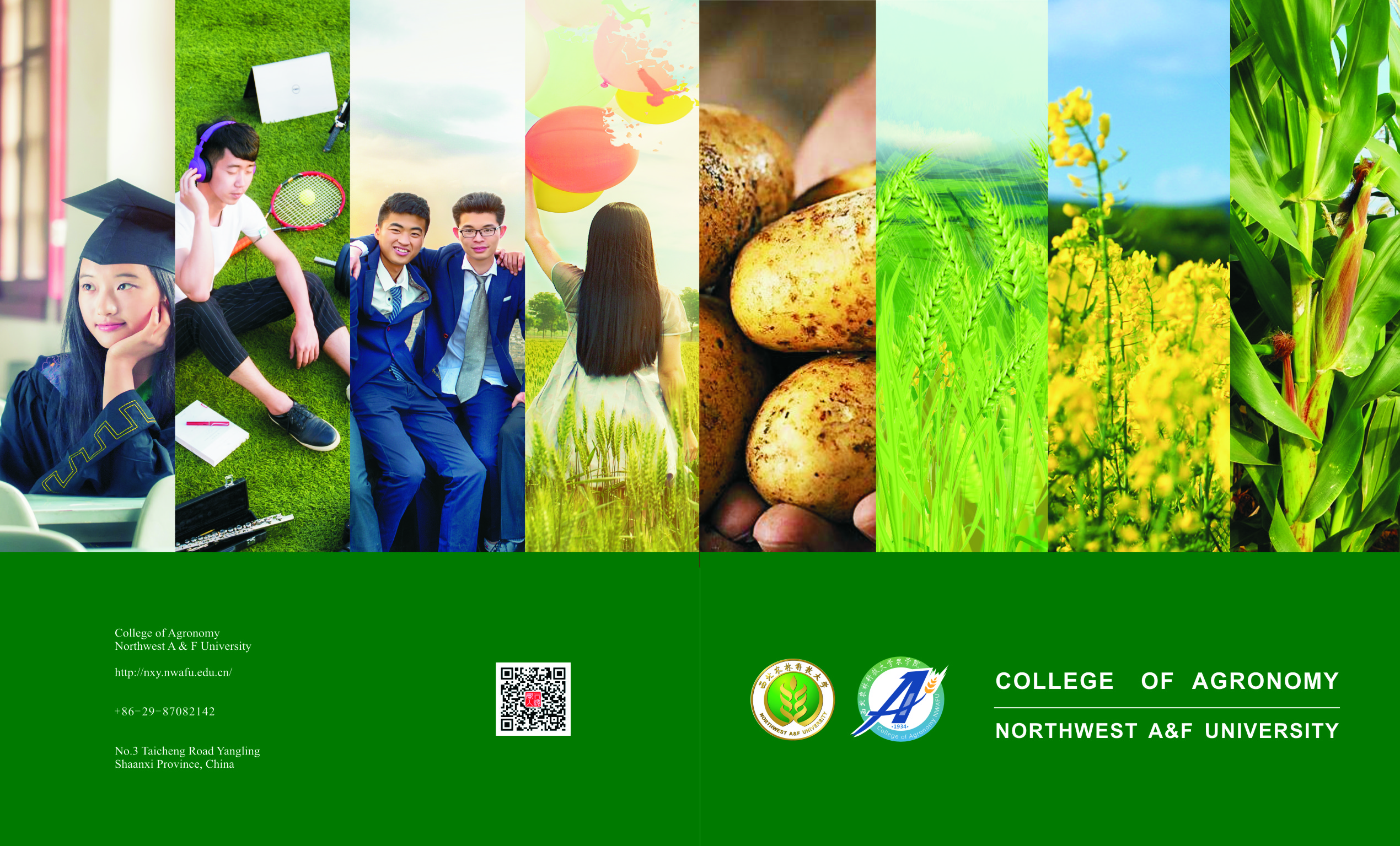
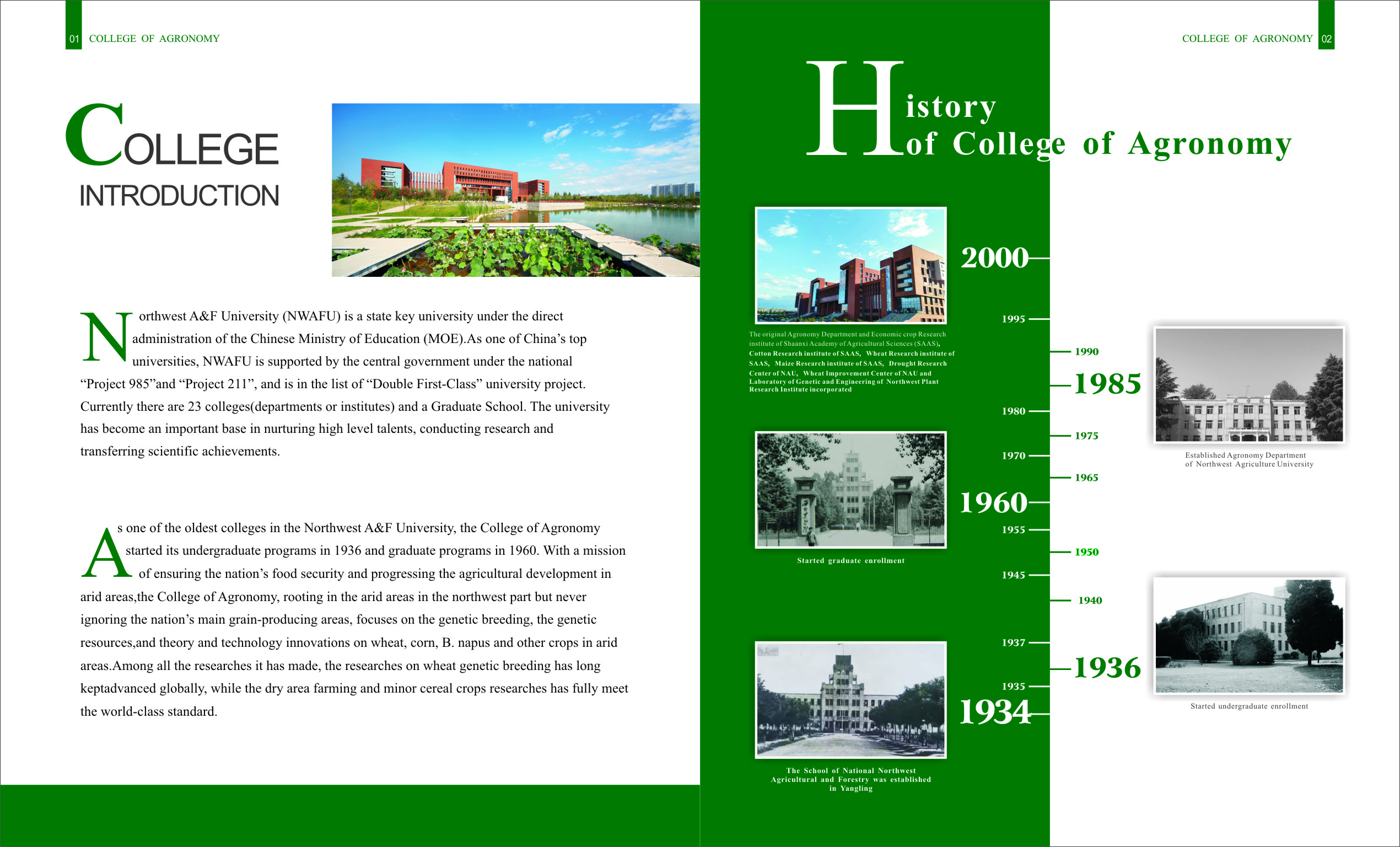
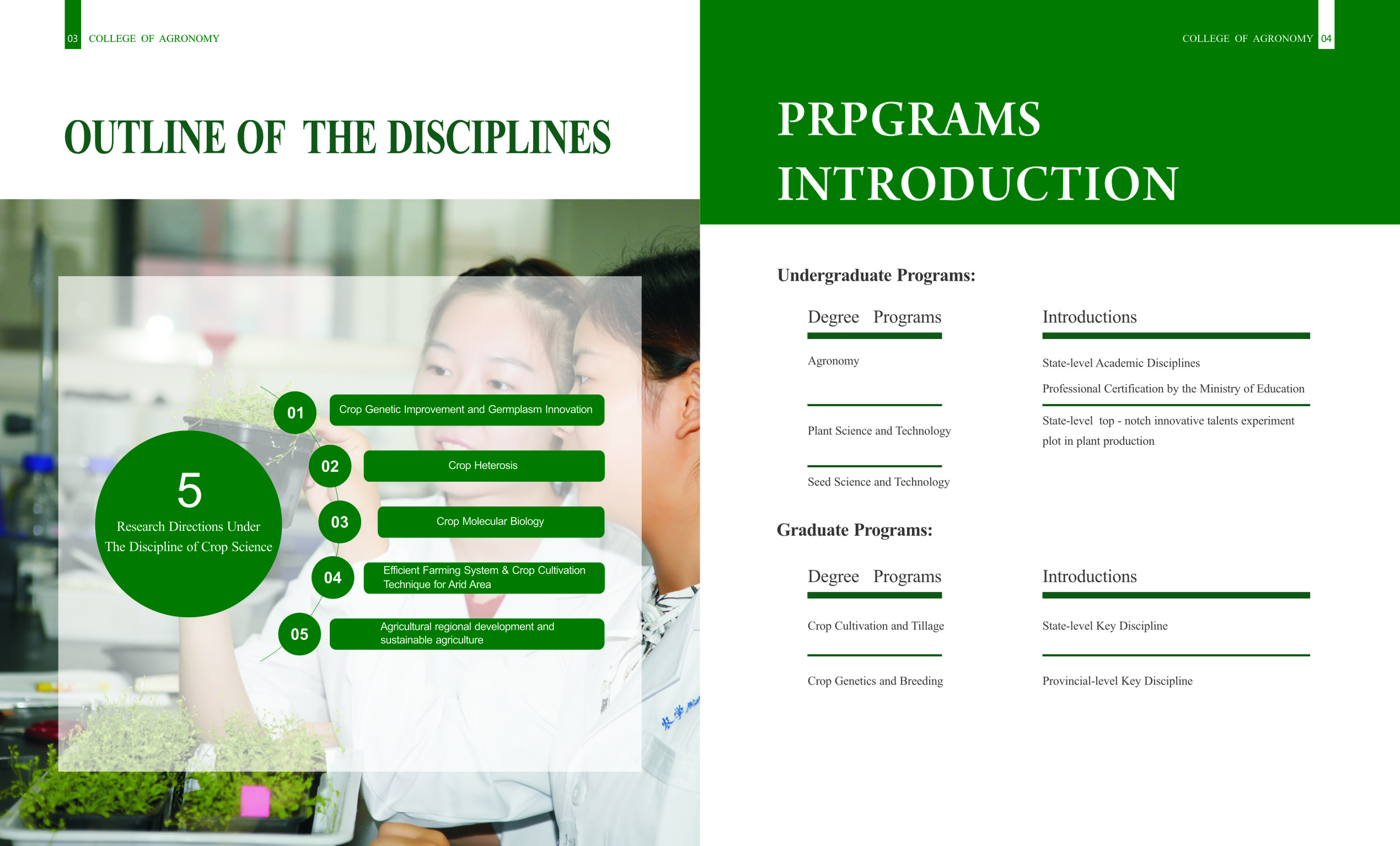
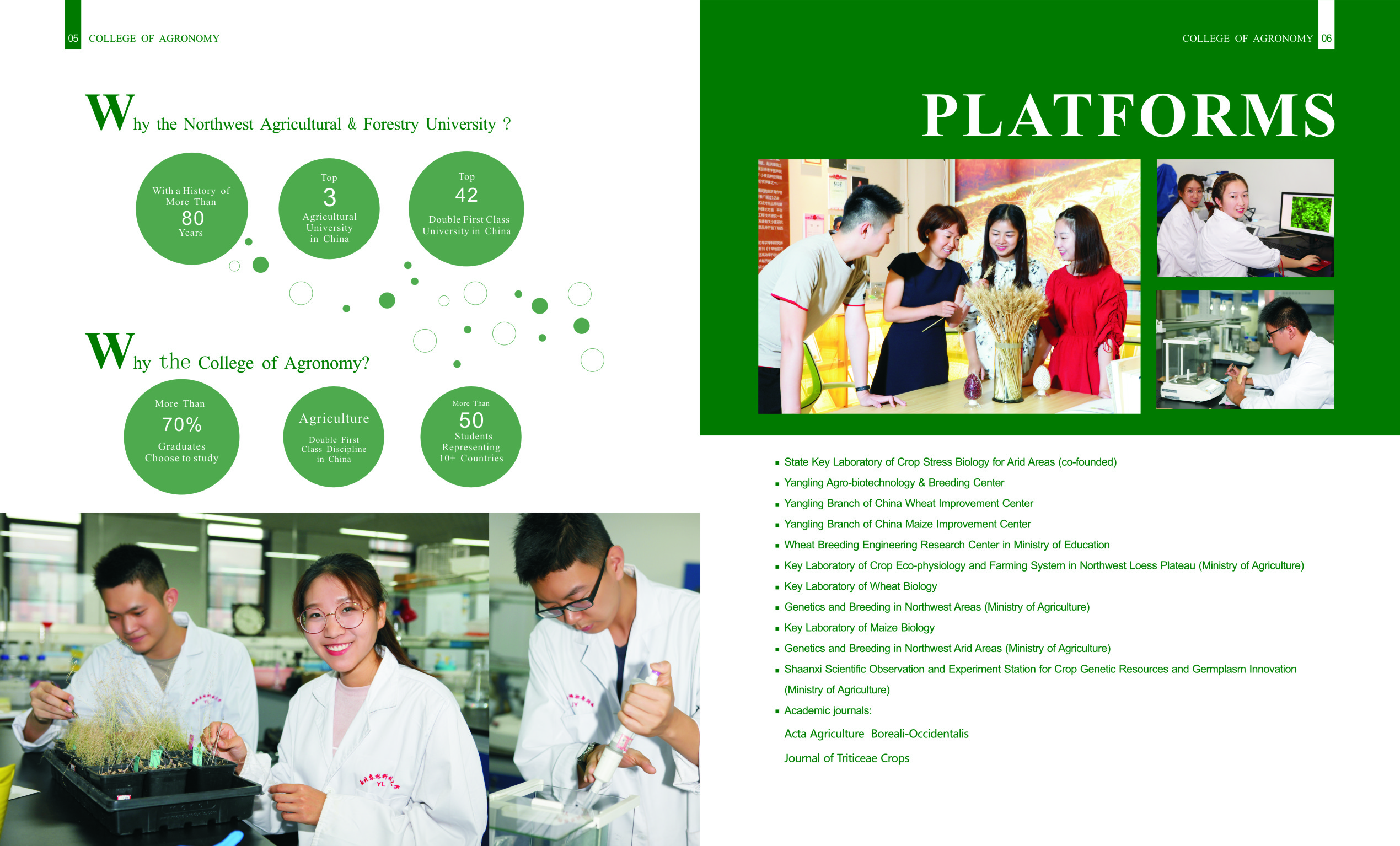
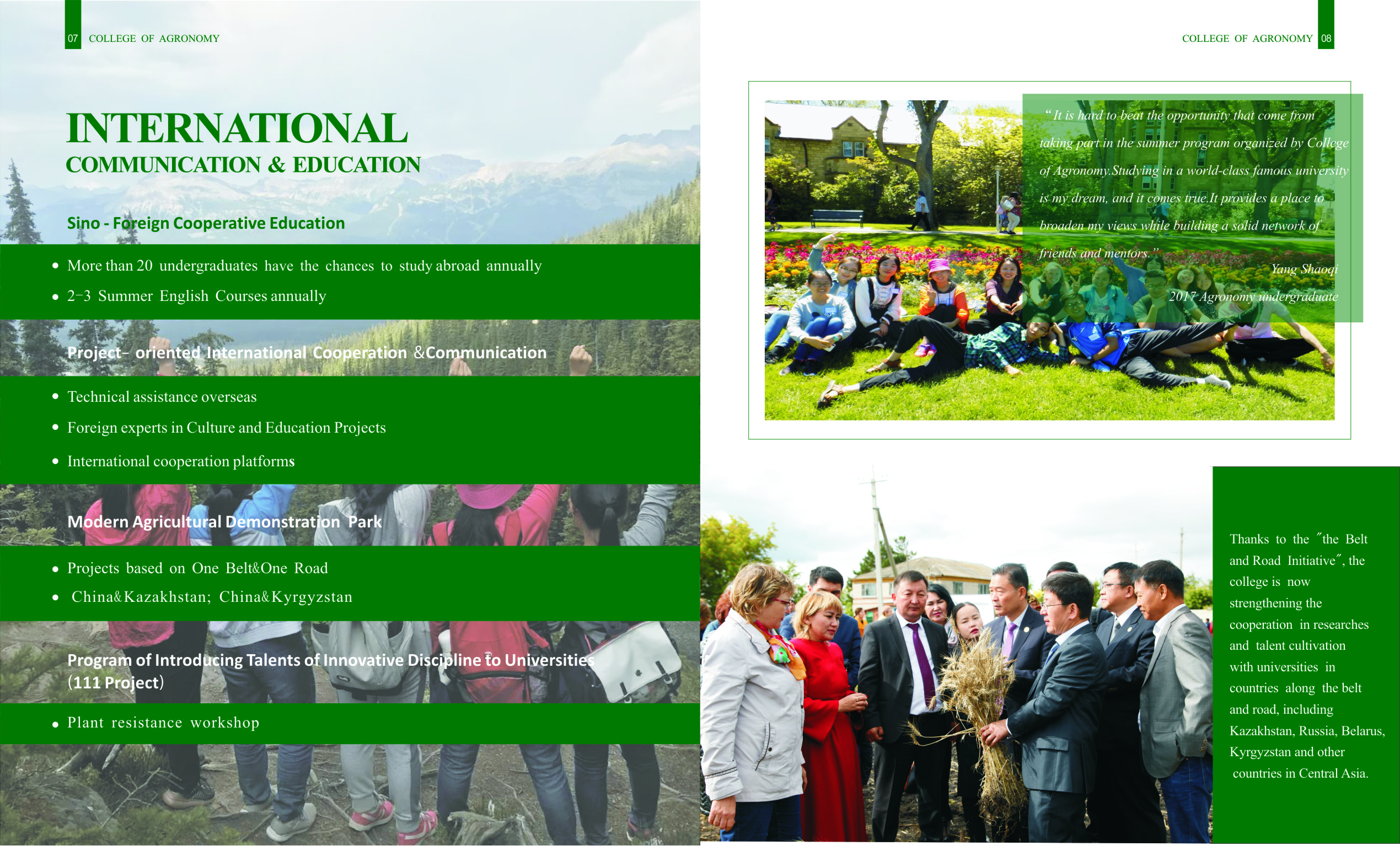
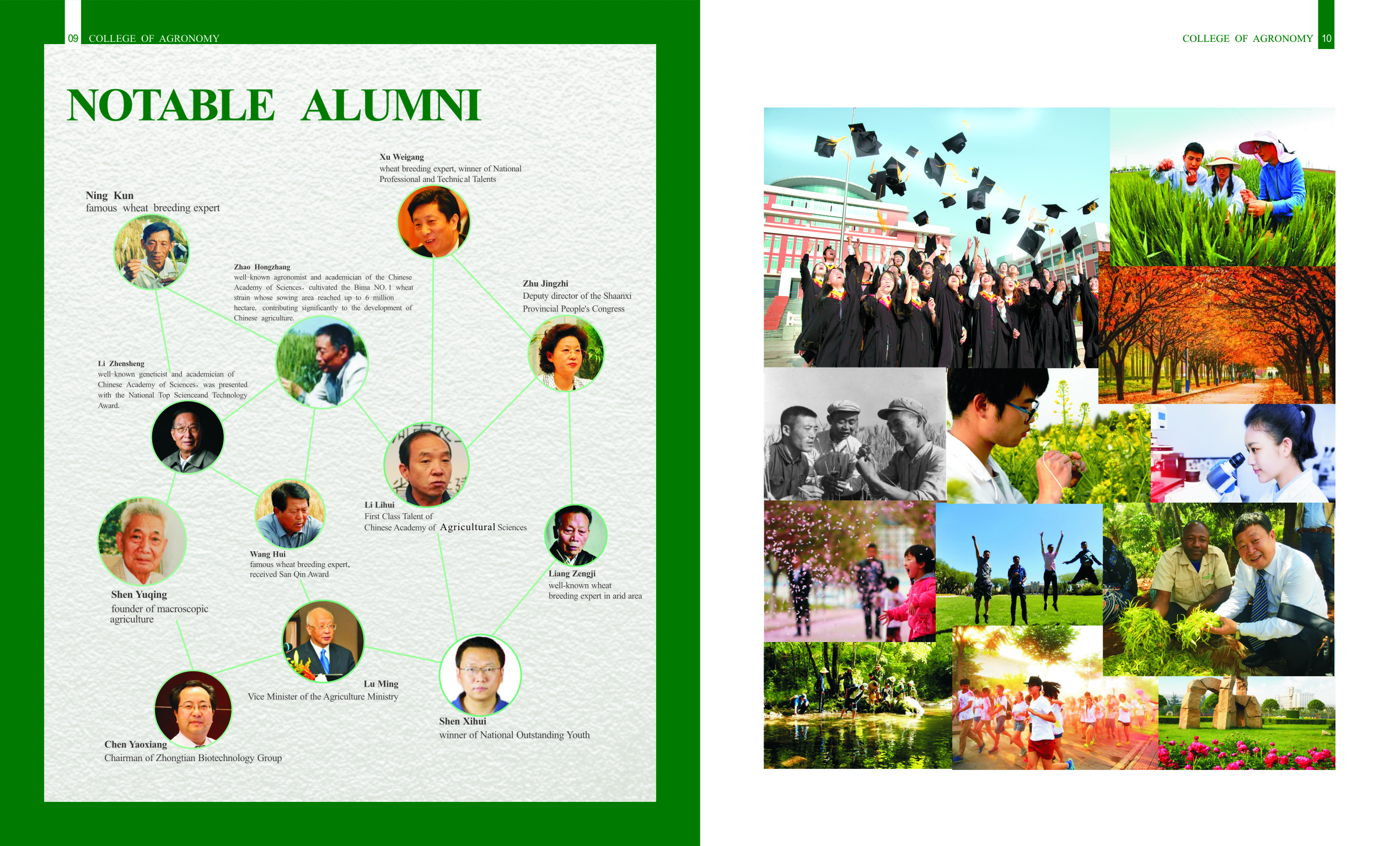
版权所有 bat365在线平台官方网站-ios/安卓版-Webgame Platform 我们的位置 您好:您是第 位访客